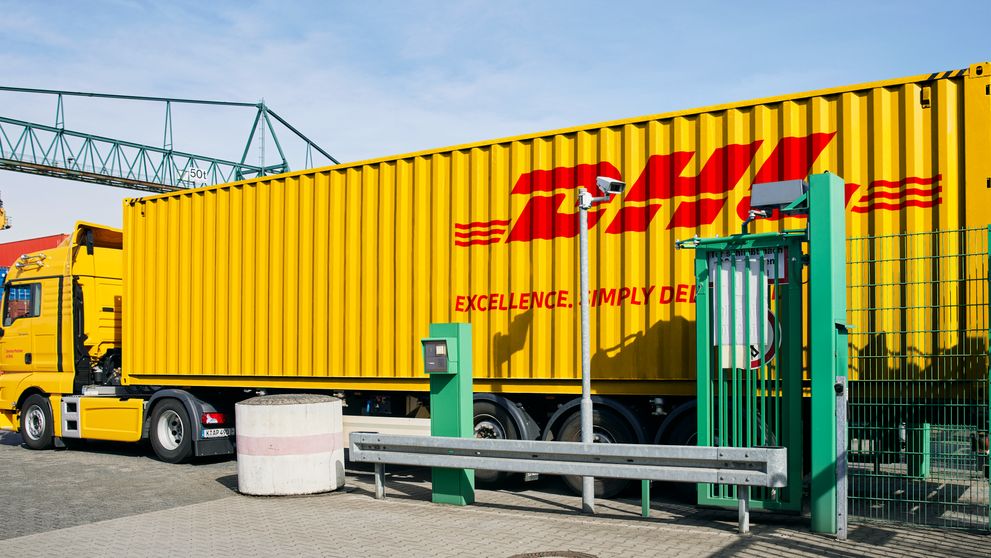Shipping internationally can be an exciting opportunity for e-commerce businesses looking to expand their reach and tap into new markets. However, with a range of rules and regulations, extra duties and taxes, and complex logistics to consider, it can also be a daunting task. But with the right approach, shipping internationally can be a smooth and rewarding experience.
In this guide, we'll walk you through the key steps you need to take to start exporting your products successfully. Whether you're a seasoned e-commerce business or just starting out, this guide will help you navigate the complexities of international shipping and reach new customers around the world.
1. Consider your market
The first step before getting started with international e-commerce is to consider your market. Who are your target customers, and where are they located? What are their needs and preferences, and how can you meet them? Researching your market will guide you on what you need to do to succeed, and it will also help you determine which countries you should target first. Through the following steps, you can begin assessing your target demographic:
Conduct market research to understand the needs, preferences, and purchasing behaviours of your target customers. This can include surveys, focus groups, and data analysis of customer behaviour on your website.
Analyse the demographic data of your current customer base, including age, gender, location, and purchasing habits.
Identify and prioritise countries where there is high demand for your products and where your target demographic is located.
2. Familiarise yourself with rules and regulations
Once you have a clear understanding of your target market, it's important to familiarise yourself with the rules and regulations that apply to global shipping and exporting. This includes customs regulations, trade agreements, and laws governing the transportation of goods. For example, certain products might be restricted or prohibited in your shipping destination and you might require permit licences in order for your product to be cleared by international customs. Understanding these rules will help you ensure that your shipments comply with local laws and regulations, and that you avoid any potential penalties.
3. Prepare for extra duties and taxes
It's important to understand duties and taxes and prepare for extra charges because different countries have different tax regimes that apply to imported goods. Duties and taxes are fees charged by the government on imported goods and can be based on a variety of factors, such as the value of the goods, the type of product, and the country of origin.
Failing to prepare for extra duties and taxes can potentially mean penalties, fines, and even legal action – which can delay the delivery of your goods. This can also lead to damage in business reputation and threat to financial stability. It's therefore important to research the taxes and duties that apply in the countries you plan to export to and to factor these costs into your pricing strategy. By preparing for such duties and taxes, you can avoid potential penalties, and provide a better customer experience.
4. Update your e-commerce website
Once you have a clear understanding of the rules and regulations that apply to international shipping, it's time to update your e-commerce website. Make sure that your website is optimised for international customers, and that it includes information about shipping costs, delivery times, and any extra duties and taxes that may apply. You may also want to consider adding language options, so that customers can view your site in their preferred language.
5. Decide what you will ship where, and how
The final step in starting to ship globally from Indonesia is to decide what you will ship where, and how. This will depend on a range of factors, including the size and weight of your products, the cost of shipping, and the delivery times. You may need to experiment with different shipping options to find the best fit for your business. You may also want to consider using a shipping partner to help manage the logistics of your international shipments.


































